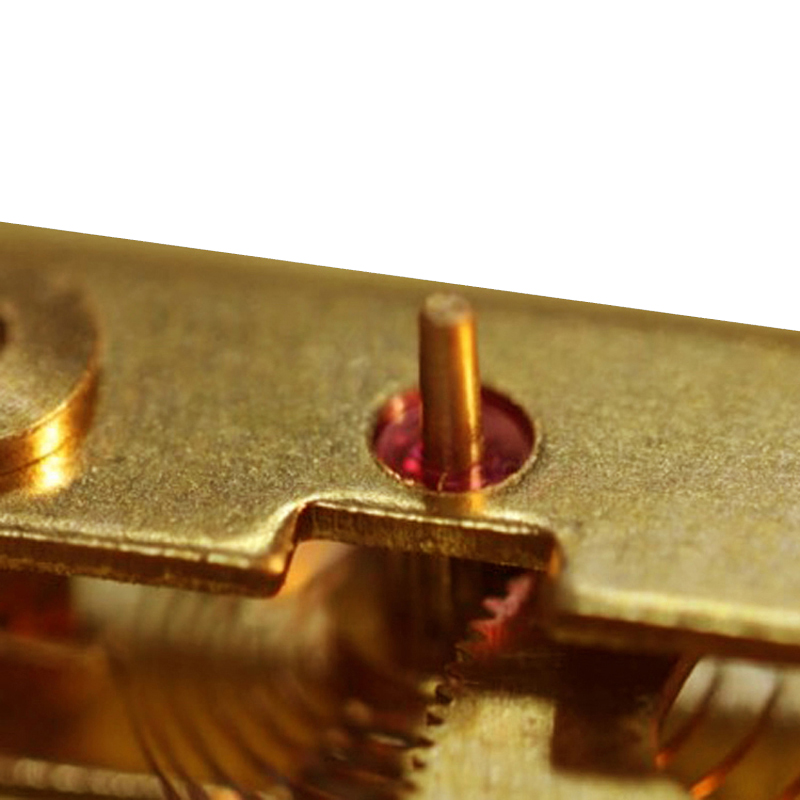
Oct . 15, 2024 17:12 Back to list
Different Types of Differential Pressure Gauges for Exporting Industries and Applications
Understanding Types of Differential Pressure Gauges A Comprehensive Overview
Differential pressure gauges are crucial instruments used in various industries to measure the difference in pressure between two points in a system. These devices play a vital role in monitoring processes, ensuring safety, and maintaining efficiency. As an exporter of differential pressure gauges, it is essential to understand the different types available in the market, their functionalities, and the applications they serve.
1. Types of Differential Pressure Gauges
Differential pressure gauges come in various types, each designed for specific applications and conditions. The primary types include
- Bourdon Tube Gauges These are one of the most common types of mechanical pressure gauges. They consist of a curved tube that straightens as the pressure increases, moving a pointer across a dial. Bourdon tube gauges are highly reliable and suitable for moderate pressure measurements.
- Diaphragm Gauges These gauges utilize a flexible diaphragm that deflects in response to pressure differences. When pressure is applied, the diaphragm moves, causing a mechanical linkage to transmit this movement to a dial or digital display. Diaphragm gauges are advantageous for measuring low-pressure differences and are often used in HVAC applications.
- Capacitive Differential Pressure Gauges These employ capacitive sensors to detect pressure changes. The sensor’s capacitance varies with the distance between two electrodes, which changes as pressure alters the spacing between them. Capacitive gauges are highly accurate and are commonly used in research and development environments.
- Piezoelectric Gauges Utilizing piezoelectric materials, these gauges convert pressure changes into electrical signals. They are known for their high sensitivity and fast response times. Piezoelectric gauges are often found in situations requiring rapid pressure fluctuations, such as in combustion engines and aerospace applications.
- Electronic Differential Pressure Transmitters These devices provide digital outputs and are equipped with microprocessors for real-time data processing. Electronic transmitters can transmit information over long distances and are designed to integrate with industrial automation systems. They are widely used in process control and monitoring applications.
2. Applications of Differential Pressure Gauges
The applications of differential pressure gauges span across numerous industries, including
- Chemical Processing In the chemical industry, differential pressure gauges are essential for monitoring the level of liquids in tanks and processes, ensuring that chemicals are handled safely
.types of differential pressure gauges exporter

- HVAC Systems In heating, ventilation, and air conditioning systems, these gauges measure airflow, filter conditions, and duct pressure, helping to maintain efficient operation and energy usage.
- Pharmaceuticals The pharmaceutical industry requires precise pressure measurements to maintain product quality and safety. Differential pressure gauges help monitor cleanroom environments and ensure proper filtration.
- Oil and Gas In the oil and gas sector, differential pressure gauges are used in drilling operations and pipeline monitoring to ensure optimal performance and safety.
- Water and Wastewater Management These gauges help monitor pressure variations in water treatment plants, ensuring that systems operate effectively without risking contamination or breakdown.
3. Choosing the Right Differential Pressure Gauge
When selecting a differential pressure gauge, several factors must be considered
- Pressure Range Ensure that the gauge can handle the expected pressure range in your application.
- Media Compatibility The materials used in the gauge should be compatible with the fluids or gases being monitored to avoid corrosion or wear.
- Accuracy and Precision Depending on the application, the required accuracy of the gauge may vary. High-precision applications will require more sophisticated gauges.
- Environmental Conditions Assess the operating environment, including temperature, humidity, and potential exposure to hazardous materials.
Conclusion
Differential pressure gauges are essential tools across multiple industries, providing critical data for maintaining operational efficiency and safety. As an exporter, understanding the types and applications of these gauges will enable you to better address customer needs, promote suitable solutions, and ensure the effective deployment of these devices in various environments. By selecting the right differential pressure gauge, industries can optimize their processes and significantly enhance their productivity and safety.
-
High-Precision 5 Valve Manifold Differential Pressure Gauge Suppliers
NewsApr.29,2025
-
High-Precision Diaphragm Vacuum Pressure Gauges Manufacturers & Quotes
NewsApr.29,2025
-
Omega Differential Pressure Gauges High Accuracy & Durability
NewsApr.28,2025
-
Low Pressure Differential Pressure Gauges Precision Solutions & Quotes
NewsApr.28,2025
-
Digital Diaphragm Pressure Gaauge Precision Measurement & OEM Quotes
NewsApr.28,2025
-
Differential Pressure Gauge China Price High-Accuracy & Best Quotes
NewsApr.28,2025
